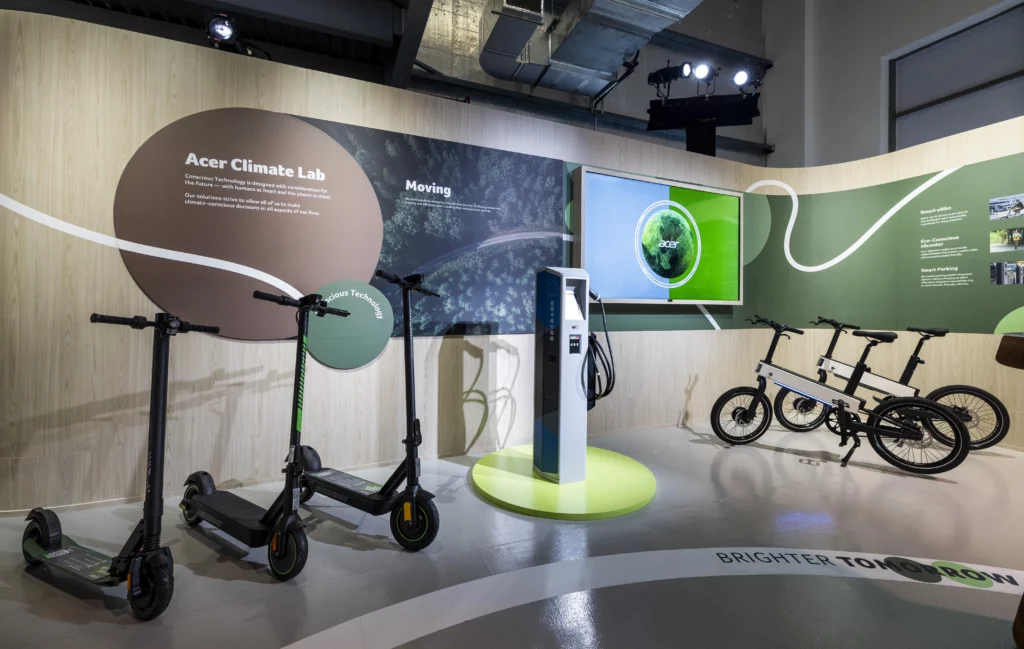Cisco stands out as one of the world leaders in Corporate Social Responsibility. This effort is driven by Tae Yoo Cisco’s Senior VP of Corporate Affairs, and one of the more exciting projects is their “Global Problem Solver Challenge.” This challenge focuses on raising young companies that use technology to bring lasting positive change to people’s lives and communities as part of a significant effort to improve life on the planet. Prizes range from $250K for first place and $10K to $75K for the runners-up. These amounts may not seem like much, but small companies often operate below break-even initially, and this extra cash can remove some of their financial pressure.
Cisco just announced a few of the winners; here are the ones I think are most interesting:
ZzappMalaria ($250K), a firm out of Israel, has developed an AI-based system to plan, execute, and monitor large-scale malaria elimination campaigns. This technology and approach could also likely be used to mitigate the pandemics that insects predominantly spread. It is efforts like ZzappMalaria that could help provide more comprehensive solutions to many types of illnesses that insects convey. This technology may also have viability in more safely protecting crops from insects, better assuring the world’s food supply.
Telecomunicaciones Indigenas Comunitarias ($75K) out of Mexico developed an innovative approach to providing wireless broadband to areas currently underserved. They have brought thousands of people who previously could not connect to the internet connectivity using a combination of open source technology, community participation, and ownership coupled with regulatory advocacy. This approach could be used to connect people currently underserved worldwide, including underserved areas of the US.
Remora, out of the United States, which won the Greenhouse Gas ($50K) Solutions Prize and is named after the fish that attach themselves to sharks, is particularly interesting. They developed a technology that will capture 80% of the carbon emissions from an industrial vehicle like a semi-truck and then sequester the result in depleted oil wells, effectively returning the carbon to where it likely originated. This technology, at scale, could make a significant impact on removing the cause of global warming without requiring the elimination of internal combustion engines.
Another exciting company is .lumen out of Romania who won the Ethical AI Prize ($50K) to develop glasses for visually impaired people who use guide dogs. Glasses for the blind seem like an oxymoron, but these use sensors in the glasses to “see” then convey to the user instructions as to what the user needs to do to navigate to their intended location, all without the need for sight. These remind me a bit of the glasses used in Star Trek Next Generation by the blind engineer. Very similar in concept.
Mini City out of the US got the HBCU Startup Prize ($50K) for a solution that provides secure forms of identification for homeless people and their care providers. Homeless people are some of the most vulnerable in the world partially because they are often also the least connected and cannot often provide adequate identification to get services designed to help them. Giving these people access improves their ability to improve their positions and eventually work themselves out of homelessness. Solutions like this are critical to reducing and eventually eliminating the homeless problems all over the world.
Finally, the Employee’s Choice Award, which, at $10K really should be higher (just saying), went to Clearbot, which makes a drone swarm that collects trash in the ocean, costs a small fraction of and covers far more area than traditional forms of ocean-borne trash removal. Getting plastics, in particular, out of our food chain goes to global health, and I’m personally freaked out about the amount of carcinogenic plastic I’m accidentally ingesting through seafood. (We are effectively eating a credit card a week now, and it is getting worse).
Wrapping Up
Cisco and Tae Yoo showcase how to leverage a relatively small budget to do tremendous things to improve the world and those living on it. The Cisco Global Problem Solver Challenge helps small companies that are doing amazing things succeed. Still, it also helps these companies gain greater visibility which should also help their ability to scale and carry out their missions to make the world a better place. Companies can fund efforts like this themselves but using the same level of funding in this Cisco fashion can go farther and make a more significant difference. If the goal is to change the world for the better materially, Cisco’s approach here is a best practice.
- The HP OmniBook X Flip 2-in-1 16-Inch: Your New Digital Swiss Army Knife (Now in Glorious Atmospheric Blue) - June 25, 2025
- The Open AI Avalanche: Why AMD’s Collaborative Spirit Is Outmaneuvering NVIDIA’s Empire - June 22, 2025
- Lenovo Embraces OpenBMC: A Step Towards Greater Transparency and Control in the Data Center - June 17, 2025




Comments are closed.